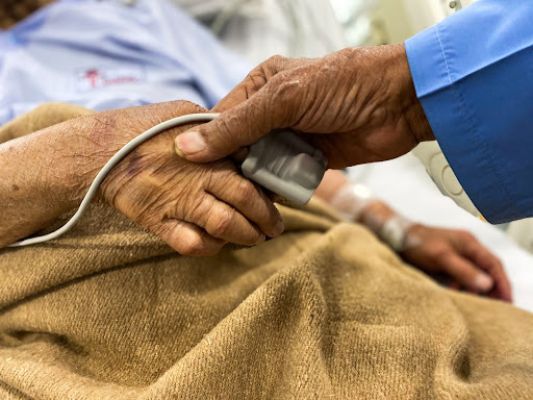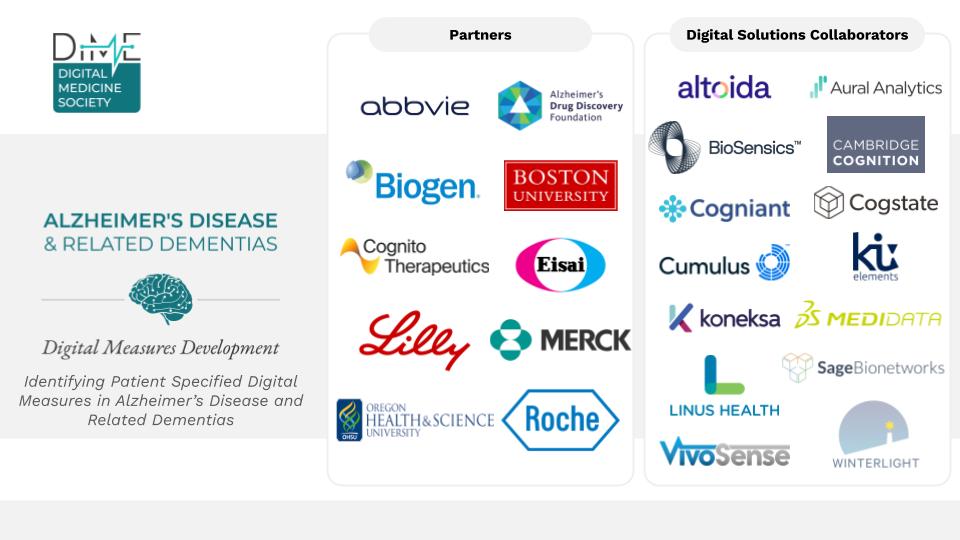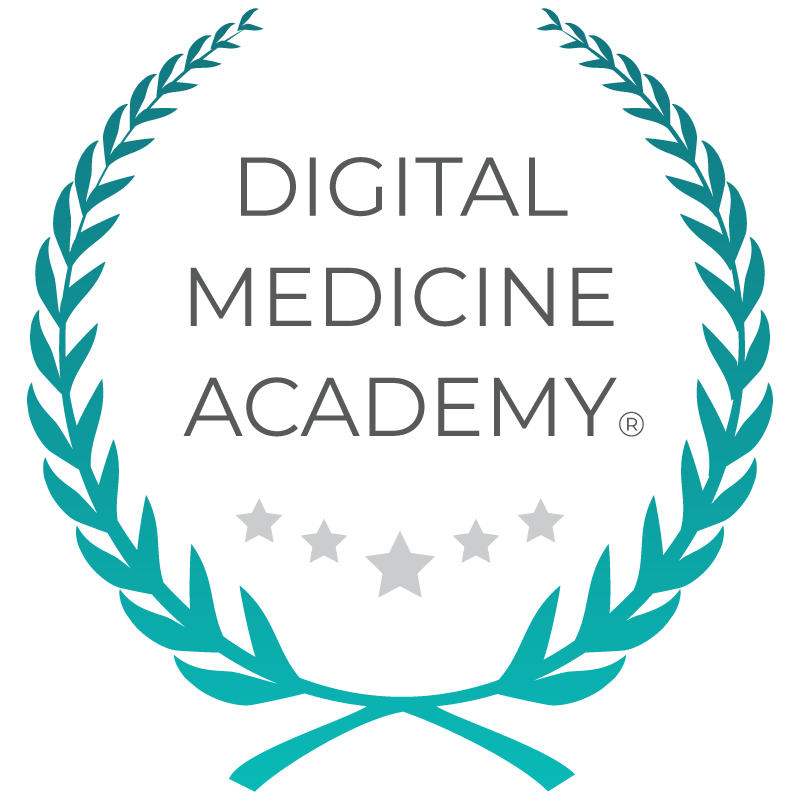
This Alzheimer’s Month, Focus on Patients and Care Partners
World Alzheimer’s month is a time for thinking about one of the biggest health epidemics in the world, with around 47 million people affected by Alzheimer’s disease and related disorders (ADRD).
When thinking about a health epidemic, especially one with a biological etiology that is constantly under the microscope, it is too easy to see it as a separate clinical entity from most of our personal lived experiences. This year is different. With the annual theme being “Know Dementia, Know Alzheimer’s” and a focus on post-diagnosis support, the world is encouraged to learn about the lives of Alzheimer’s patients. It’s estimated that 16 million families and friends of people with ADRD are relied upon to serve as caregivers. Now is the time to focus on both the patient and their care partner when conducting research.
Examining the Lived Experiences of Alzheimer’s Patients and their Care Partners
Examining the biological etiology of Alzheimer’s disease is a top priority for researchers, as it leads to more effective treatments. However, we need to look beyond biological changes to be able to understand whether those treatments work to improve the lives of patients and care partners. We need to look to the lived experiences of people with ADRD and those who care for them to improve or help maintain their quality of life.
A group that understands this well is Us Against Alzheimer’s. They have identified the most important aspects of the disease to patients and care partners. Although they found an overlap in symptom importance between patients and care partners, there were also notable differences. For example, patients rated “planning or scheduling appointments” and “driving” as extremely important impacts. Also, in general, patients were more likely to report any given impact as more significant than their care partners.
Creating New Treatments for Alzheimer’s Starts with Defining and Measuring Patients’ Daily Activities
New medical interventions that help maintain patients’ activities of daily living are critical to measuring meaningful aspects of health (MAH) that are relevant to all stakeholders. A meaningful aspect of health “broadly defines an aspect of a disease that a patient (a) does not want to become worse, (b) wants to improve, or (c) wants to prevent” – typically expressed in the patient’s own words and the context of their daily life.

At DiMe, we are currently undertaking a global, pre-competitive project to understand what MAHs are important to patients, their care partners, and their physicians. By understanding the lived experiences of patients with ADRD, the perspectives of their caregivers, and how they relate to the clinical decisions made by their physicians, we can define a measurement strategy that is sensitive to the real-world impacts of the disease.
We are also working to build a bank of resources for researchers and developers in the ADRD field, which will link MAHs to suitable measurement parameters. This will allow researchers to continue to search for an answer to Alzheimer’s disease, while also ensuring that any treatment has a direct and translational benefit for the patients, care partners, and clinicians living, supporting, and working in this area.
This month, please take the time to learn more about our work to define an optimized set of core digital clinical measures that address ADRD patients, care partners, and clinical unmet needs.




